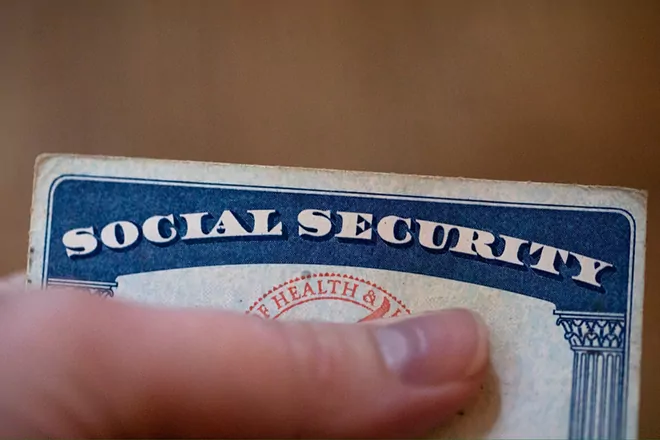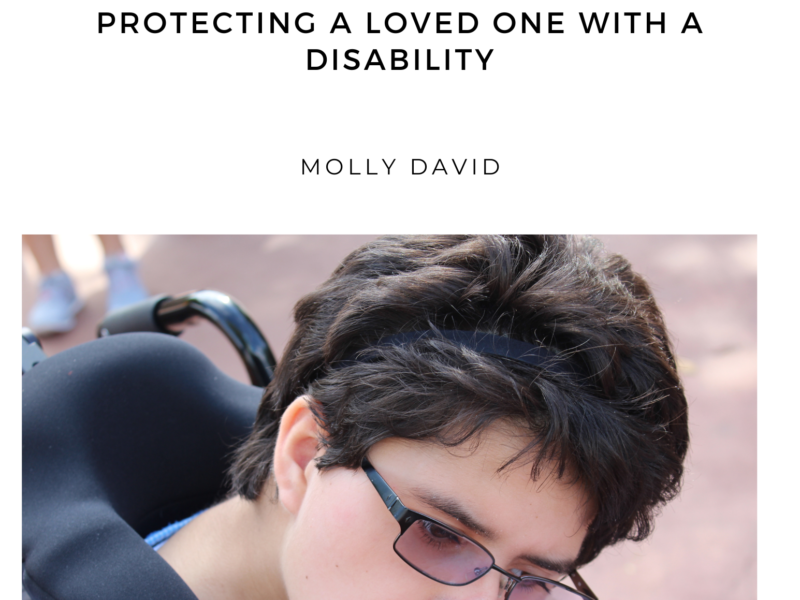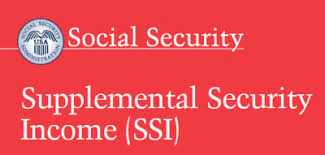The mission of SSI is to provide monthly payments to people with disabilities and older adults who have little or no income or resources. The rules about assets and income for SSA can be very confusing. SSA has been working to make applying for and keeping SSI benefits easier for individuals. The new SSA Rent Subsidy Rule is a major step in helping people with SSI keep their full benefits. There are too many acronyms
Category: SSI

It is complicated and unnecessarily burdensome to apply for Supplemental Security Income (SSI). But, there are some recent changes that indicate the federal government is hearing the complaints and implementing changes that will make applying easier. SSI is a federal program run by the Social Security Administration (SSA). It provides assistance for people with disabilities (or people over 65) with little or no income. They assist by providing Medicaid health insurance (in most states) and

(originally published February 2024) Many parents ask about the work rules for someone receiving SSI. They are complicated. A key determinate in qualifying for and keeping SSI benefits is whether someone reaches the threshold of Substantial Gainful Activity (SGA). Essentially, this is a way for SSI to know how much a person could earn even if they are disabled. So, someone could qualify for SSI due to a disability but not receive SSI because they

(originally published March 2024) I am often asked about Social Security Disability Insurance (SSDI) when I present on Supplemental Security Income (SSI). Most families I speak to will deal with SSI first, so I don’t discuss SSDI other than to tell them it exists. Lately, I have been receiving more questions from parents about SSDI qualification for their adult disabled child when they retire. The Social Security Administration (SSA) can be very complicated and confusing.

If your adult child is getting ready to apply for SSI, they may need a representative payee. A representative payee is a person who manages SSI payments on behalf of a beneficiary. This means they can receive cash benefits and have the authority to use the money on the beneficiary’s behalf. Unless SSA has specifically permitted it or you are a legal guardian appointed by the court, you may not collect a fee for services

(originally published April 2024) What is SSI Supplemental Security Income (SSI) is a government program that provides monthly benefits (monetary payments and insurance) to people with disabilities or who are over 65 with limited or no income to help them meet their basic needs, like food and shelter. SSI is a federal program, but the states administer it. States have the option of providing additional funds and/or automatic health insurance through Medicaid. To qualify, the

Purchase “Planning for the Future: Protecting a Loved One with a Disability” on Amazon.

Understanding the Relationship Between the Debt Ceiling and SSI Payments The debt ceiling can have significant impacts on the Social Security Income (SSI) program. Debt Ceiling: What is it? The debt ceiling is the maximum amount of money that the government can borrow to pay its outstanding bills and other financial obligations. Essentially, it sets a limit on how much money the government can borrow to cover its expenses. Failure to raise the debt ceiling

Information for parents of disabled people transitioning into adulthood. Supplemental Security Income (SSI) is a government program that provides monthly income to people with disabilities (or who are over 65) with limited or no income to help them meet their basic needs, like food and shelter. SSI is a federal program but the states administer it. States have the option of providing additional funds and/or automatic health insurance through Medicaid. To qualify, the person applying

And how the government could make it easier There are many barriers for people with a disability and they are not all physical. There is an economic cost to having a disability that needs to be recognized. We expect that individuals with a disability will have higher healthcare costs and needs, but we overlook all the “extra” costs. These costs often force people living with a disability to choose between their independence and their government
